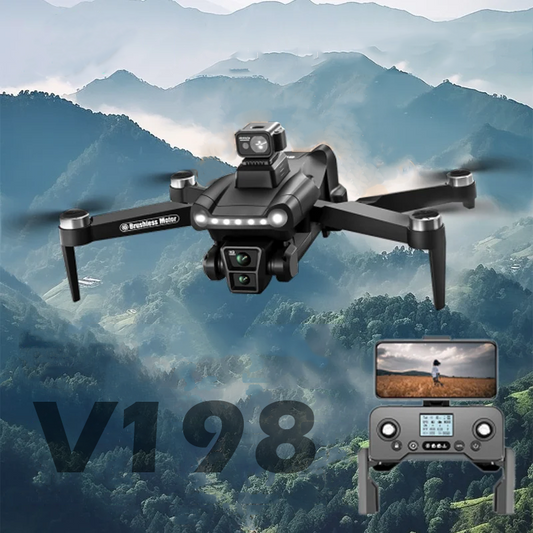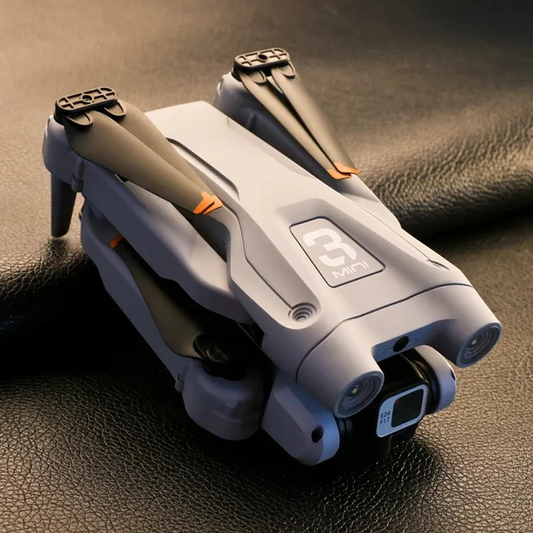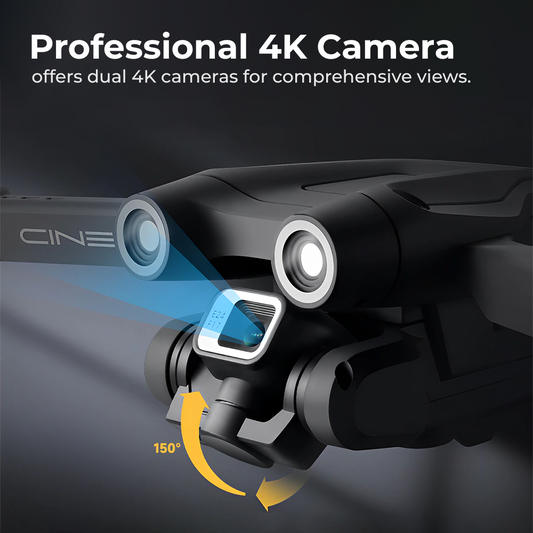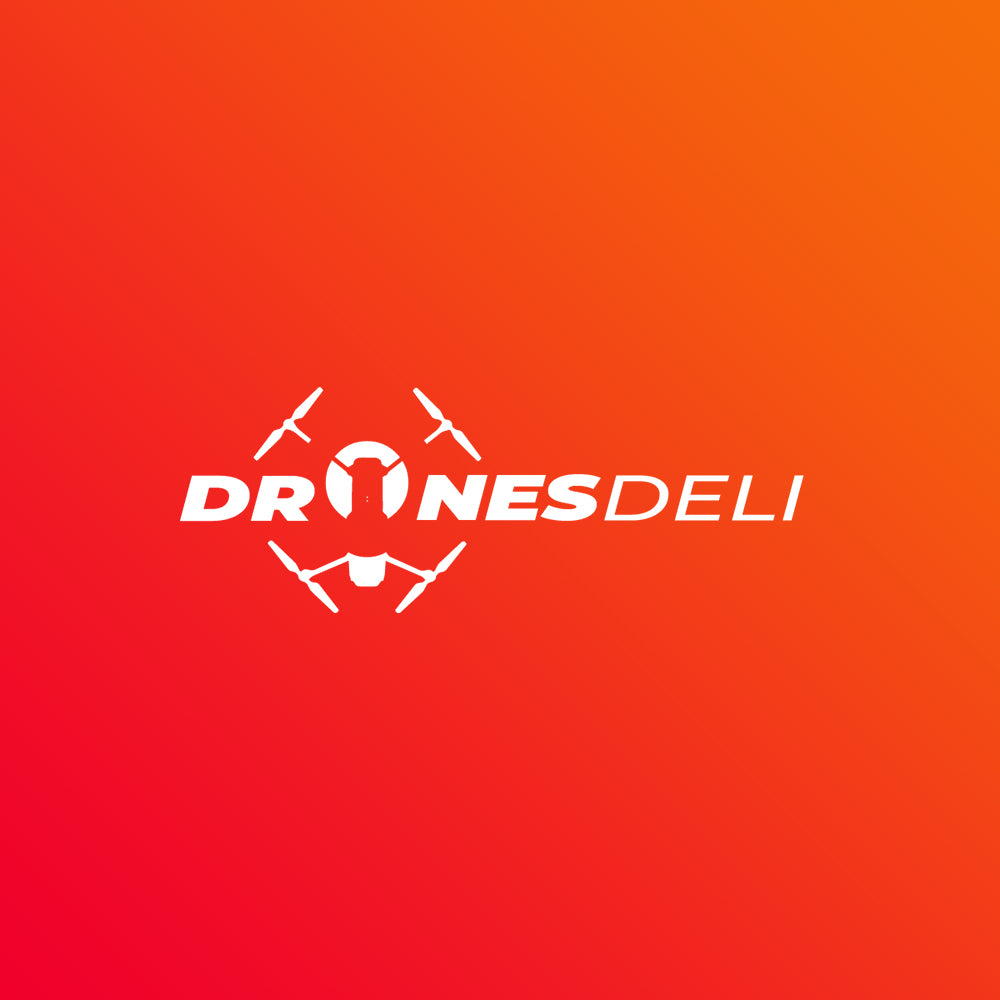A Beginner's Guide to Drone Regulations and Laws in 2024

As drones become increasingly popular for recreational use, commercial applications, and even scientific research, understanding the regulatory landscape is crucial for ensuring safe and legal operations. For newcomers to the world of drones, navigating these regulations can be daunting. This guide provides a comprehensive overview of drone regulations and laws in 2024, helping beginners stay informed and compliant.
1. Overview of Drone Regulations
Drone regulations are designed to ensure safety in the airspace and to protect privacy. These regulations vary by country, but many share common elements. In 2024, key areas of drone regulations include:
- Registration: Many countries require drone operators to register their drones with a national aviation authority.
- Certification: Commercial drone pilots often need specific certifications or licenses.
- Operational Restrictions: Rules governing where and how drones can be flown.
- Privacy and Data Protection: Regulations that address the collection and use of data captured by drones.
2. Key Regulations for Recreational Drone Use
For hobbyists and recreational users, the regulations are generally less stringent but still important to follow. Here’s what you need to know:
- Registration: In the U.S., the Federal Aviation Administration (FAA) requires drones weighing over 0.55 pounds (250 grams) to be registered. Registration can be done online and is valid for three years.
- Flying Limits: Recreational drone operators must fly below 400 feet, keep their drone within visual line of sight, and avoid flying near airports or other restricted areas.
- No Commercial Use: Recreational drones cannot be used for commercial purposes without proper certification.
3. Commercial Drone Regulations
If you plan to use drones for commercial purposes, such as aerial photography, surveying, or delivery services, you must comply with more stringent regulations:
- Certification: In the U.S., commercial drone operators need a Part 107 Remote Pilot Certificate from the FAA. This involves passing a knowledge test covering regulations, airspace classification, and drone operations.
- Operating Rules: Commercial operators must adhere to specific rules, including flying during daylight hours, maintaining a visual line of sight, and not flying over people or moving vehicles.
- Insurance: While not always mandatory, having liability insurance is recommended to cover potential damages or accidents.
4. International Drone Regulations
Drone regulations vary widely around the world. Here are some key points for international travelers and operators:
- European Union: The European Union Aviation Safety Agency (EASA) regulates drones in EU member states. The EU has a unified set of rules that include categorizing drones based on risk levels and requiring specific certifications for operators.
- Canada: In Canada, the Transport Canada regulations for drones require registration and a pilot certificate for commercial use. The rules include maintaining visual line of sight and operating below 400 feet.
- Australia: The Civil Aviation Safety Authority (CASA) in Australia has regulations that include registering drones over 250 grams and obtaining a Remote Pilot License (RePL) for commercial operations.
5. Understanding Drone Airspace Restrictions
Airspace restrictions are critical for safe drone operations. Here's what you need to know:
- Controlled Airspace: Drones must not fly in controlled airspace without authorization from air traffic control. This typically includes areas near airports and military installations.
- No-Fly Zones: Many countries have designated no-fly zones, such as over government buildings, critical infrastructure, and densely populated areas. Always check local maps and regulations to avoid these areas.
- Temporary Flight Restrictions (TFRs): Be aware of temporary restrictions that may be in place for events or emergencies. The FAA, for example, issues TFRs that may affect drone operations.
6. Privacy and Data Protection
Drone operators must also consider privacy and data protection laws:
- Privacy Concerns: Drones equipped with cameras can capture images and videos of private property. Operators should be mindful of privacy laws and avoid capturing images without consent, especially in residential areas.
- Data Protection: Ensure that any data collected is stored securely and used in compliance with data protection regulations. This is particularly important for commercial operations involving sensitive information.
7. Drone Maintenance and Safety Checks
Regular maintenance and safety checks are essential to ensure the safe operation of drones:
- Pre-Flight Checks: Always inspect your drone before flight, checking the battery level, propeller condition, and overall functionality.
- Maintenance Schedule: Follow the manufacturer's maintenance recommendations and address any issues promptly to avoid malfunctions.
- Incident Reporting: Report any accidents or incidents involving your drone to the relevant authorities, as required by local regulations.
8. Future Trends in Drone Regulations
As drone technology continues to evolve, regulations are likely to adapt. Some trends to watch for include:
- Advanced Air Mobility (AAM): The development of larger drones and air taxis may lead to new regulations governing urban air mobility.
- Remote Identification: New technologies are being developed to enable remote identification of drones, enhancing safety and security in the airspace.
- Regulatory Harmonization: Efforts are underway to harmonize drone regulations across countries to facilitate international operations and compliance.

9. Resources for Staying Updated
Keeping up with drone regulations can be challenging, but there are resources available:
- Official Websites: Visit the website of your country’s aviation authority for the latest regulations and updates.
- Drone Community Forums: Join forums and online communities where drone enthusiasts and professionals discuss regulations and share information.
- Training Courses: Consider enrolling in training courses or webinars to stay informed about changes in regulations and best practices.
Understanding and adhering to drone regulations is essential for safe and legal operations, whether you’re a recreational flyer or a commercial operator. By staying informed about registration requirements, operating rules, airspace restrictions, and privacy concerns, you can ensure a positive and compliant drone experience. As regulations continue to evolve, staying updated with the latest information will help you navigate the dynamic world of drone flying and enjoy all the benefits this exciting technology has to offer.
Explore a variety of drones at our online drone store.
Happy Flying!









